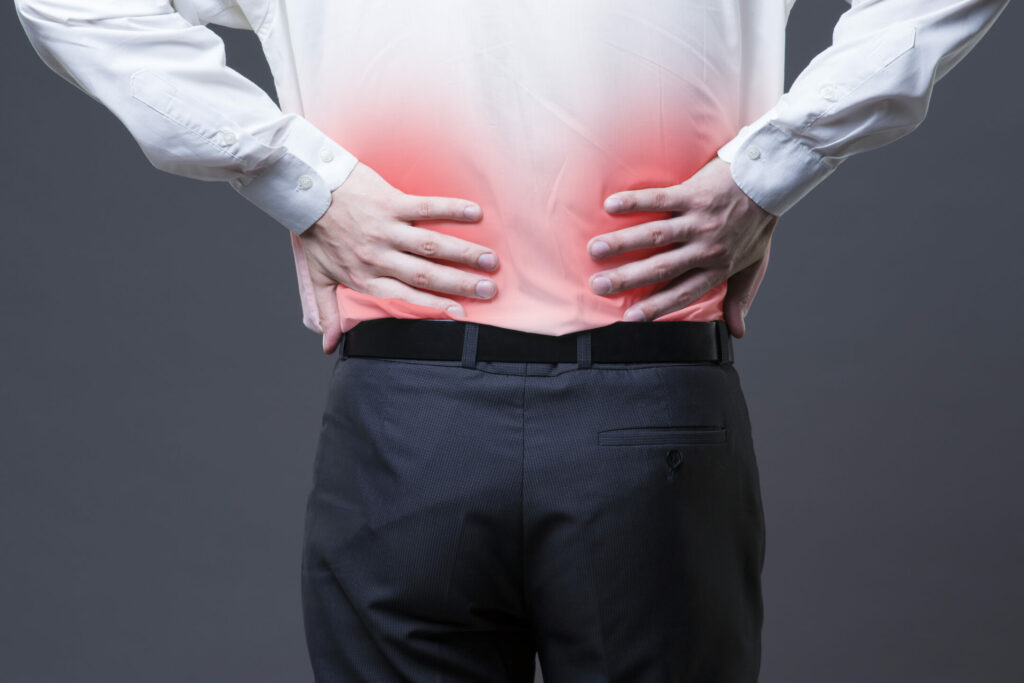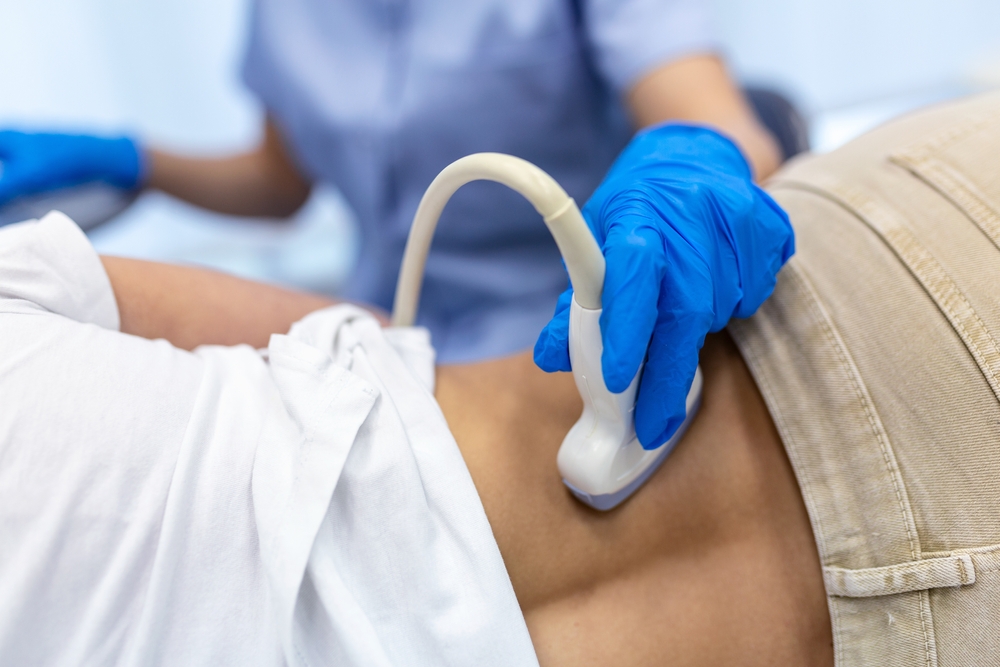Access your own patient portal, provided by NCSH.
Urology
What Helps Pass Kidney Stones? Get the Facts
Thu, May 18, 2023

Every year, more than half a million people go to emergency rooms because of kidney stone problems and pain. And it’s estimated that one in 10 people will experience a kidney stone in their lifetime. With the odds of having a kidney stone that high, it’s no wonder popular searches on Google include “What helps to pass a kidney stone?” and “How to pass a kidney stone in 24 hours.”
If you find yourself suffering from kidney stones, depending on their size and your discomfort, you may be surprised to learn that there are actually a few simple remedies your doctor or urologist may suggest you can try.
What Helps Pass Kidney Stones? Hint: The #1 Treatment is Something Pretty Common
As the name implies, kidney stones are rock-like deposits that form in your kidneys, made from high levels of minerals in your urine. Stones can range from the size of a grain of sand to a popcorn kernel to as large as a golf ball.
When the stones move along with urine from the kidney to the bladder to outside your body, they may get stuck in the ureter (the tube connecting the kidney to the bladder), the bladder, or the urethra (the tube that removes urine from the bladder to outside your body).
If you have one or more kidney stones, you may experience:

- Lower back pain
- Difficulty urinating or a burning sensation while urinating
- Blood in your urine or cloudy urine
- Fever and chills
- Nausea or vomiting
The pain and difficulty urinating result when the stones get lodged. Dislodging them by flushing them out is the key to treating the condition.
Drinking water is the #1 way to flush out kidney stones
Experts recommend drinking 2 to 3 quarts of water daily (that’s up to 12 glasses). This not only flushes out the blockages but also has the benefit of keeping you well-hydrated, which has its own myriad of health advantages—from good oral health to improving cognition. (Incidentally, being dehydrated can also cause kidney stones to form because less fluid intake makes urine more concentrated and saturated with minerals.)
You may also hear about adding apple cider vinegar or lemon or other juices to your water to help dissolve stones, but further research is needed. Be sure to ask your doctor first.
Staying comfortable with a kidney stone is the #2 way to flush it out
Pain medication. If you are suffering from pain or discomfort, your doctor may advise you to take an over-the-counter pain medication like ibuprofen, which can help you relax. They may prescribe you an alpha blocker (such as Flomax), a medication that relaxes the ureter’s muscles, making it easier and less painful to release the stone.
Sleeping. You may have trouble sleeping because of the discomfort you’re experiencing. If that’s the case, try sleeping on the painful side. This increases blood flow, which in turn can help flush the stone out.
Staying active is the #3 way to help flush out kidney stones
If possible, it’s recommended to keep moving, even if it’s taking a walk, because the movement can help dislodge the stone.
How long does it take to pass a kidney stone?
Depending on its size, it can take anywhere from a few days to several weeks to pass a kidney stone.
When to see your doctor or urologist
When you experience kidney stone symptoms, you should talk to your North Carolina Specialty Hospital urologist right away to determine your treatment options. It’s important to manage your pain and pass the stone before infection sets in or other damage is caused.
Your urologist may wait to see if the condition resolves itself by following the tips listed above. But they may also take a CT scan or kidney-ureter-bladder X-ray to determine the stone’s size and location. They may also have you do blood or urine tests to expose a stone’s presence or find out if the symptoms are from another underlying medical problem.
If the stone doesn’t pass on its own, your urologist may recommend one of the following treatments:
- Using extracorporeal shock wave lithotripsy (ESWL) to break up the stone so it can be flushed out
- Inserting a ureteroscope to remove the stone from the kidney or bladder or break it up
- Using percutaneous nephrolithotomy surgery to remove larger stones
If you suspect you have a kidney stone, call North Carolina Specialty Hospital’s top urology specialists
Left untreated, a kidney stone can cause a lot of pain and damage. But there’s no need to suffer unnecessarily when the highest-quality urology care is right here in your neighborhood. At North Carolina Specialty Hospital, we’ve been committed to taking care of our community with the latest medical knowledge and cutting-edge science and technology for almost 100 years. We’ll work with you to achieve your best outcome as quickly and comfortably as possible.
Learn more about our Urology Department here. Then, request an appointment with a urologist by clicking on the doctor’s photo and completing the form. We look forward to helping you ease your pain and resolve your kidney stone situation soon.
RELATED NEWS

“Can Stress Cause a UTI?” And Other Commonly Asked Questions About UTI Causes
Can alcohol cause UTIs? Can birth control cause UTIs? Our urologists answer your UTI questions.
Continue Reading

How to Pass a Kidney Stone
Most everyone who has experienced a kidney stone will agree that the stones—or more accurately, the experience of passing them—can be excruciatingly painful. Many patients even equate the discomfort with childbirth. The intense pain caused…
Continue Reading
Stay Current
Educational Articles & More
View News & Press